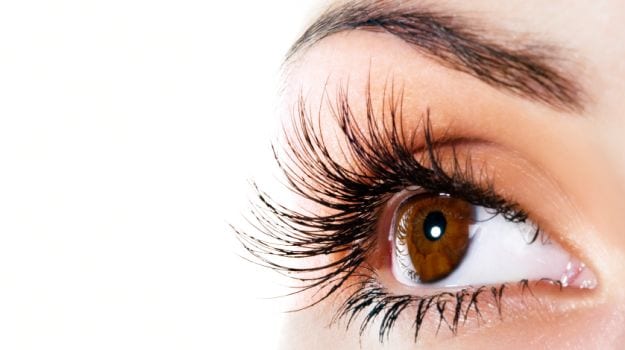
October 15th is observed as the Global Handwashing Day. Washing hands is the first and foremost hygiene tip everyone should follow. Hand washing helps prevent diseases, keeps food safe, keeps the environment clean, safe and fresh and also helps children grow strong and healthy. We all know proper handwashing is the most effective and the easiest way of removing germs and harmful bacteria from our hands. This year, the theme of Global Handwashing Day 2018 is the link between handwashing and food which also includes food hygiene, safety and nutrition. The tagline is, "Clean hands - a recipe for health, reminds us to make handwashing a part of every meal." Global Handwashing Day is dedicated to spread awareness and understanding about the importance of handwashing with soap and water as an effective method to prevent several diseases and boost immunity. This day is an opportunity to design, test and adopt creative ways to encourage people to wash their hands whenever necessary.

Frequent hand washing helps children grow strong and healthy
Photo Credit: iStock
Bacteria can be found everywhere. Some bacteria are good and we need them to function properly, but the harmful bacteria can create a havoc in our life. If they take over our immune system, you may fall sick. The most common place in our home or workplace where bacteria are most likely to have spread is the washroom. The reason is obvious as bathrooms are the thriving places for bacteria to fester until they can be carried and transferred to the other objects by contact. The bacteria can get on to our mobile phones, door knobs, clothes and slowly and gradually our bodies.
This Global Handwashing Day make a difference with these effective measures:
- You should wash your hands with soap before eating, cooking or feeding others
- You should also remind or help others to always wash their hands before eating and cooking
- Inculcate this habit as a part of your family meals
- You should try and make proper places to wash your hands in the household, in your community, in schools, workplaces, public places and in health facilities
Here's why you should teach your child to wash their hands frequently:
1. Reduces eye infections:
Proper hand washing can lower the risk of certain eye infections. The spread of bacterial eye infections, such as trachoma or pink eye can be reduced through regular hand washing. These irritating eye condition can cause eye pain, itching, light sensitivity and red, puffy, swollen eyes.

Proper hand washing can lower the risk of certain eye infections.
Photo Credit: iStock
Also read: 5 Ways To Protect Your Child's Eyes
2. Eliminates germs:
Keeping hands clean is one of the most important parts of personal hygiene. It avoids getting sick and spreading germs to others. Many diseases are spread by not washing hands with soap and clean and running water. These diseases include common cold and serious infections, such as meningitis, bronchitis, flu, hepatitis A, or diarrhea.
3. Better immunity:
Many avoidable illnesses like cold, flu or pneumonia, can be prevented through proper hand washing. Therefore, it is necessary to inculcate this habit in children. It can keep certain diseases at bay and hence promote strong immunity in your child.
Also read: Boost Immunity During Monsoons With These 7 Fruits
4. Food poisoning:
The most important way to prevent food poisoning is wash your hands properly. Simply washing your hands by running water is not enough. You should teach your child to wash their hands properly after coming from school, after playing and after using the washroom.
Also read: 7 Personal Hygiene Tips You Must Know
When should you wash your hands?
- After using the washroom
- After traveling
- Before eating meals
- Before cooking
- After touching or feeding pets
- After vising a hospital or doctor
- After treating a cut or a bruise
- After touching raw food, specially meat
- When you sneeze or cough
- After touching garbage or dirty dishes
- When they are dirty
Disclaimer: This content including advice provides generic information only. It is in no way a substitute for qualified medical opinion. Always consult a specialist or your own doctor for more information. NDTV does not claim responsibility for this information.
Track Latest News Live on NDTV.com and get news updates from India and around the world

